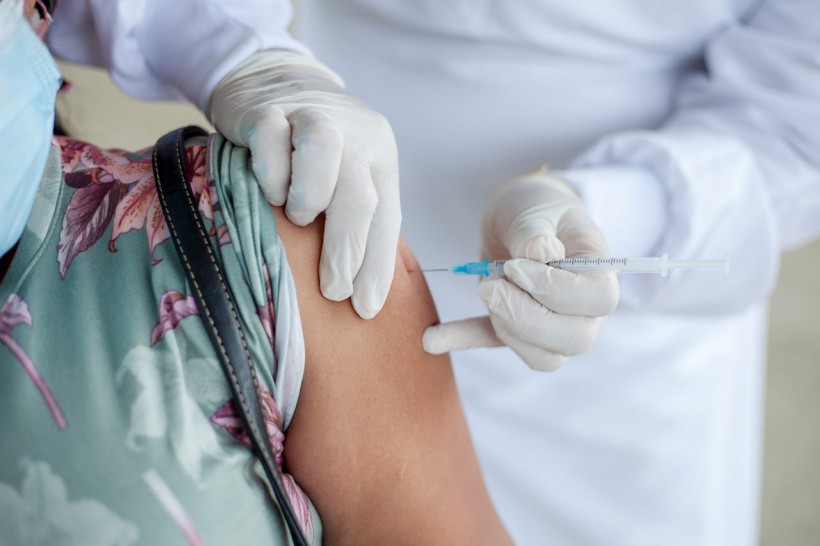While there are more than 100 different types of brain tumors, glioblastoma is recognized as the most aggressive primary brain tumor in adults, accounting for 48% of all malignant cases. In the US alone, it is estimated that over 10,000 individuals succumb to this disease every year.

(Photo : Pexels/ FRANK MERIÑO)
Cancer immunotherapy remains limited due to poor antigenicity. In a recent study, a personalized vaccine for GBM has extended the survival of four human subjects in the first clinical trial of its kind.
What is Glioblastoma?
Glioblastoma (GBM) is a type of cancer which begins as a growth of cells in a person's brain or spinal cord where they grow quickly and destroy the healthy tissue. This disease forms from cells known as astrocytes which support nerve cells.
GBM is a devastating brain cancer which can result in a person's death in six months or less if left untreated. Traditionally, glioblastoma patients are treated with radiation, chemotherapy, and surgery. These procedures allow them to live for about six months with no disease progression.
One of the challenges in treating glioblastoma tumors is the fact that they are heavily shielded from a person's immune system. The ecosystem that surrounds a tumor, called tumor microenvironment, is known for being immunosuppressive. This means that immune cells are killed if they try to attack the tumor.
READ ALSO: Hope For Glioblastoma Patients: Novel Gel Cures Mice With Aggressive Brain Tumors
Reprogramming the Immune System
At the University of Florida, a small, preliminary study has shown that an experimental cancer vaccine can quickly reprogram the immune system of a person to attack glioblastoma. This vaccine is based on mRNA technology which is similar to that used in COVID-19 vaccines. In this case, however, the personalized vaccine is created using a patient's own tumor cells.
In the paper "RNA aggregates harness the danger response for potent cancer immunotherapy," oncologist Elias Sayour and colleagues discussed how the newly fashioned medicine works. The vaccine provides the immune system with an approach of recognizing the tumor and an 'instruction' for its entire transcriptome. This reveals where the gene in the tumor can be turned on or off. Using this information, the immune system can reprogram the defenses of the cancer cells and launch a more successful attack.
During the clinical trial, two or four doses of the vaccine were provided to four patients with treatment-resistant glioblastoma. Their response to the vaccine resulted in rapid immune activation.
In just a few hours after the administration of the vaccines, the research team noticed an increase in pro-inflammatory proteins which recruit killer white blood cells. This boost to the immune system was also associated with short-term side effects common to an immune response, such as chills, low fever, and nausea, which faded gradually in a day or two.
The results of this trial are built on a previous study involving a vaccine tested on 10 pet dogs which suffered from brain tumors. Dogs with this terminal diagnosis and no other treatment showed a median survival rate of 35 days, but those administered with the vaccine had a survival rate of 139 days.
RELATED ARTICLE: Glioblastoma Tumors Triggered by the Healing Process of Brain Injury
Check out more news and information on Glioblastoma in Science Times.














